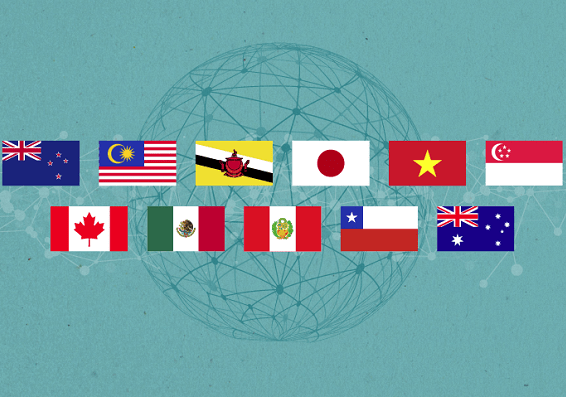The Comprehensive and Progressive Treaty of Trans-Pacific Partnership (CPTPP) was signed by Australia, Brunei Darussalam, Canada, Chile, Japan, Malaysia, Mexico, New Zealand, Peru, Singapore and Vietnam on March 8 of 2018. How many RTAs do its members have?
Then, on December 20, 2018, the World Trade Organization (WTO) was notified, in accordance with Article XXIV.7 of the GATT 1994 and the Understanding on the interpretation of Article XXIV.7 of the GATT 1994, and with Article V.7 a) of the GATS.
Thus, the CPTPP entered into force on December 30, 2018 for Australia, Canada, Japan, Mexico, New Zealand and Singapore and on January 14, 2019 for Vietnam.
Other signatories (Brunei Darussalam, Chile and Malaysia) have not yet ratified the CPTPP, so it is not yet in force between them and the other Parties.
For its part, Peru will put this treaty into force on September 19.
RTAs
Regional trade agreements (RTAs) are a key factor in international trade relations.
All CPTPP Parties are party to various RTAs. Singapore and Mexico are parties to more than 20 RTAs notified to the WTO.
The other Parties have notified between 12 (New Zealand) and 18 (Japan) RTAs.
In the WTO, an RTA is understood to be any reciprocal trade agreement between two or more parties, which do not have to belong to the same region.
Número de ACR que se superponen y otros ACR a 5 de marzo de 2021
Also, the number of overlapping RTAs ranges from 2 for Canada to 9 for Singapore.
The principle of non-discrimination is fundamental in the WTO. Members have generally agreed not to favor one trading partner over another.
![]()

